Welcome to Montreal !
Montreal is a vibrant city located in the province of Quebec, Canada. With its rich history and multicultural population, it is a great place for international students to live and learn. Montreal is known for its world-class universities, affordable living costs, and exciting nightlife. From the charming cobblestone streets of Old Montreal to the bustling streets of downtown, this city will enchant you with its unique blend of European and North American culture.

Universities in Montreal
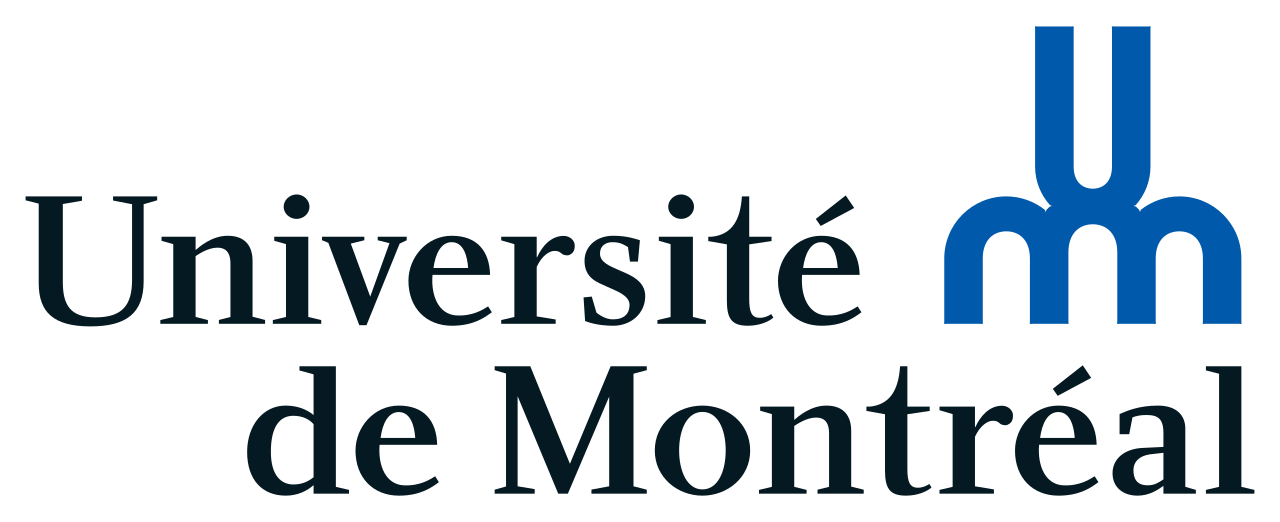
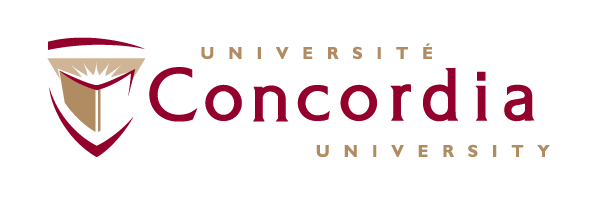
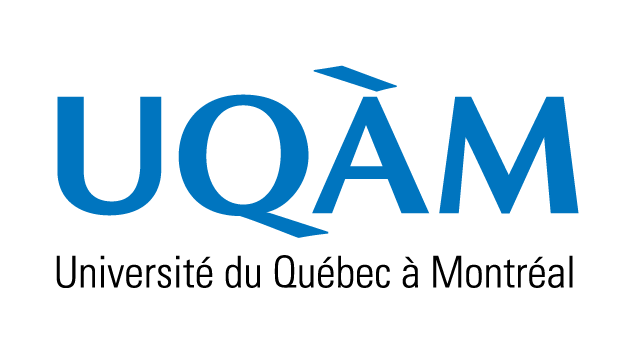
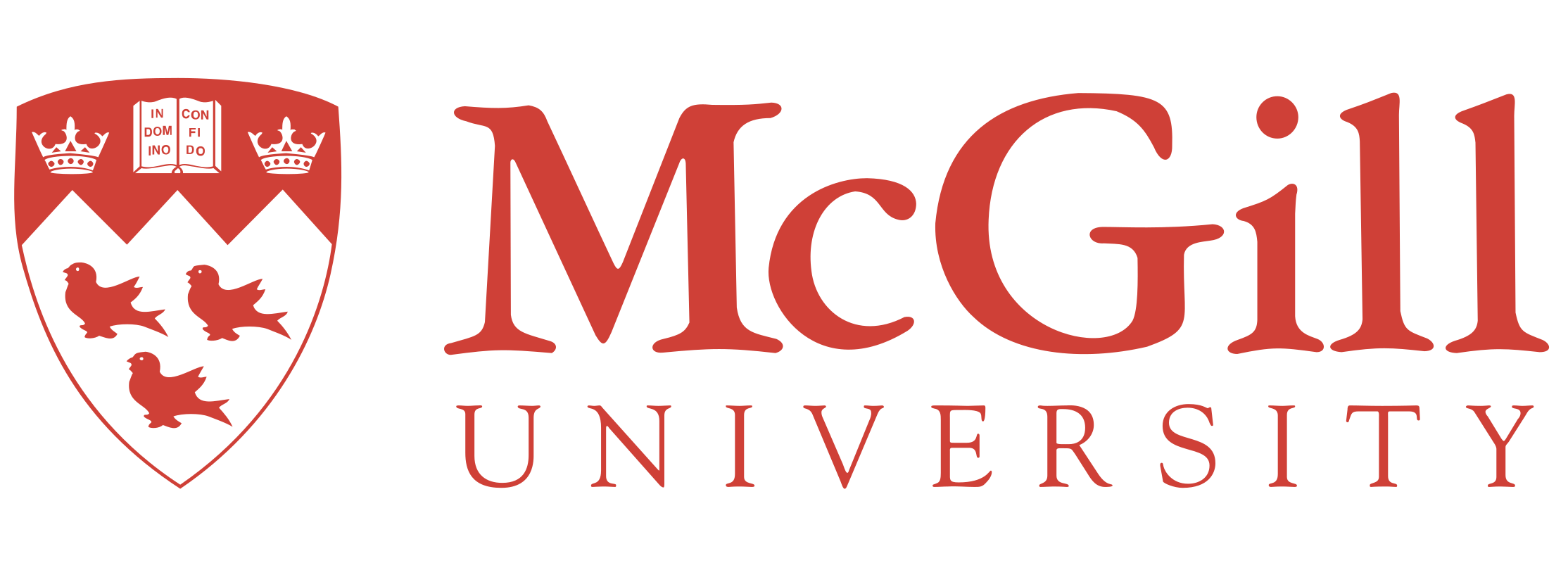
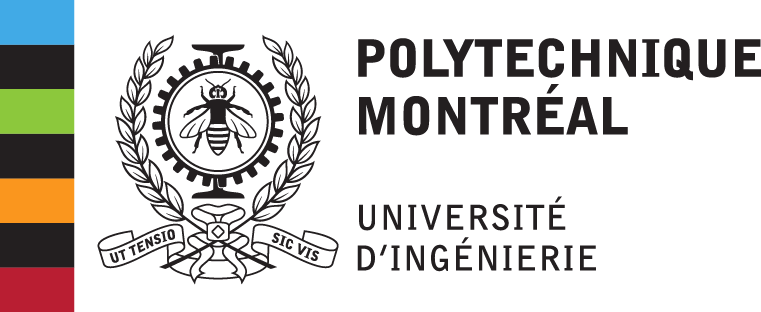
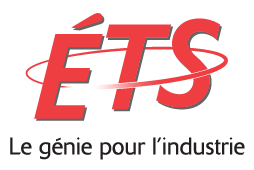
Transportation in Montreal
Travelling by public transportation in Montreal is convenient, reliable, and affordable. The city has an extensive network of buses, metro trains, and commuter trains that serve the metropolitan area. The Société de transport de Montréal (STM) operates the public transit system and offers a variety of fare options, including single rides, unlimited passes, and special fares for seniors, students, and people with disabilities. Public transportation in Montreal is also environmentally friendly, as it helps to reduce traffic congestion and air pollution. Overall, using public transportation is a great way to get around the city and explore all that Montreal has to offer.
For more information, you can visit the official STM website :
Travelling by bike in Montreal is a popular and convenient way to get around the city. The city has an extensive network of bike paths and lanes, making it easy to safely navigate by bike. Montreal also has a bike-sharing program called Bixi, which allows residents and visitors to rent bikes from over 500 stations throughout the city. Biking is a healthy and environmentally friendly mode of transportation, and it’s also a great way to explore the city and enjoy the outdoors. Montreal is known for its flat terrain and beautiful parks and waterways, making it an ideal destination for cycling enthusiasts.
For more information about public bikes, yu can visit BIXI’s official website:
Walking in Montreal is a great way to explore the city and discover its many neighborhoods and attractions. Montreal is a compact and walkable city, with a network of pedestrian-friendly streets and public spaces. The city is also known for its beautiful architecture and historic landmarks, which can be easily accessed on foot. Montreal is a safe and welcoming city, and it’s easy to find your way around on foot.
Travelling by car in Montreal is a convenient way to get around the city, especially if you plan to visit attractions outside of the city center. Montreal has an extensive network of roads and highways that serve the metropolitan area, and it’s relatively easy to find your way around. However, it’s important to be aware that Montreal can have heavy traffic during rush hour and on weekends, especially in the summer months. Parking can also be a challenge in the city, with metered street parking and paid parking garages available. If you plan to drive in Montreal, be sure to familiarize yourself with the local traffic laws and regulations.
Communauto is a popular and affordable car rental service. You can find more information on communauto official website:
Still not finding what you are looking for ?
More questions ?
General
Montreal is a vibrant and diverse city that offers a high-quality education to students from all over the world. Located in the heart of Quebec, Canada, Montreal is known for its multicultural atmosphere and rich history. The city is home to many top universities and colleges that offer a wide range of programs in fields such as business, engineering, arts, and science. In addition to its academic offerings, Montreal also boasts a lively cultural scene, with a variety of festivals, events, and activities to enjoy year-round. With its affordable cost of living and welcoming community, Montreal is an ideal destination for students seeking a well-rounded educational experience.
The Quebec education system is organized into three levels: primary, secondary, and post-secondary. Primary education, which includes kindergarten and elementary school, is mandatory for children between the ages of 6 and 11. Secondary education, which includes high school, is mandatory for children between the ages of 12 and 17. After completing secondary education, students can choose to pursue post-secondary education at a university, college, or technical institute. The Quebec education system is publicly funded, and tuition fees are generally lower than in other parts of Canada. French is the primary language of instruction in Quebec, but there are also English-language schools available.
Montreal is located in the province of Quebec in eastern Canada and has a humid continental climate. This means the city experiences four distinct seasons, with cold winters, mild springs, warm summers, and cool falls. In the winter months, temperatures can drop to as low as -10 to -5 degrees Celsius (14 to 23 degrees Fahrenheit) and the city is known for its heavy snowfall. The spring brings mild temperatures and rain, with average temperatures ranging from 5 to 15 degrees Celsius (41 to 59 degrees Fahrenheit). The summer is warm and pleasant, with temperatures ranging from 20 to 30 degrees Celsius (68 to 86 degrees Fahrenheit), and the fall is cool and crisp, with temperatures ranging from 10 to 20 degrees Celsius (50 to 68 degrees Fahrenheit). Overall, Montreal’s weather can be quite variable, so it’s important to be prepared for any type of weather when visiting the city.
Accommodations
The apartment rental system in Montreal is a complex network of landlords, real estate agents, and various regulations. It can be challenging for newcomers to navigate, as demand for rental units often exceeds supply. Rent prices can vary widely depending on the neighborhood and type of apartment. Most apartments are rented on a lease basis, with a standard lease period of one year. However, it is not uncommon to find shorter lease terms, such as six months or month-to-month rentals. The rental process typically involves filling out an application, providing proof of income and references, and paying a security deposit.
What does a “4 1/2” or a “6 1/2” means ?
The numbers in these terms represent the number of rooms in the apartment. The half represents the bathroom. So for example, a “4 1/2” apartment in Montreal would typically have 2 bedrooms, 1 kitchen and 1 living room, in addition to a bathroom. A “5 1/2” apartment would have 3 bedrooms, 1 kitchen and 1 living room, in addition to a bathroom.
Living in residence can be a good option if it’s your first time living outside your family home. Student residences are usually furnished, and residents share common areas such as washrooms, kitchens, and lounges. Various activities and services may also be offered, depending on the location.
Moving in with roommates is often a good idea because it allows you to share the costs of accommodations and some other expenses, and can give you more flexibility in terms of lease duration. Living with roommates is also a great way to avoid feeling lonely or isolated. Exchange students who attend one semester are usually very interested in this option because it is generally simpler and more flexible. You may be required to add your name to an existing lease, unless you make other arrangements with your roommates. Whatever the case may be, it’s advisable to put your agreement in writing.
Insurances
International students studying in Quebec are required to have health insurance coverage for the entire duration of their stay in Quebec. Students can either purchase private insurance or obtain coverage through the Quebec Health Insurance Plan (RAMQ).
RAMQ (Régie de l’assurance maladie du Québec) is the provincial health insurance plan that provides coverage for medical expenses for residents of Quebec. International students studying in Quebec can also be eligible for RAMQ coverage if they meet certain requirements, such as having a valid study permit and staying in Quebec for 12 months or longer. RAMQ coverage is not automatic for international students and they must apply for it and pay the required fees.
Dental care is not covered by RAMQ or most private insurance plans. International students can purchase private dental insurance or pay out of pocket for dental services.
recommandations from other international students.
reviews shared by international students.
Discover the perfect accommodation for you and get access to amazing deals.
Ask other international students on the forum about immigration procedures.
Montreal student community
-
- Forum
- Topics
- Posts
- Freshness
-
- 1
- 2
- 0
- 0
-
No Topics
- 1
- 3
- 2
- 4
- 0
- 0
-
No Topics
- 0
- 0
-
No Topics
-



